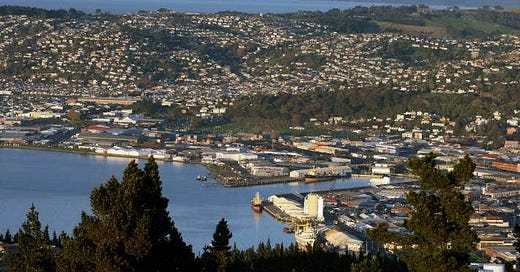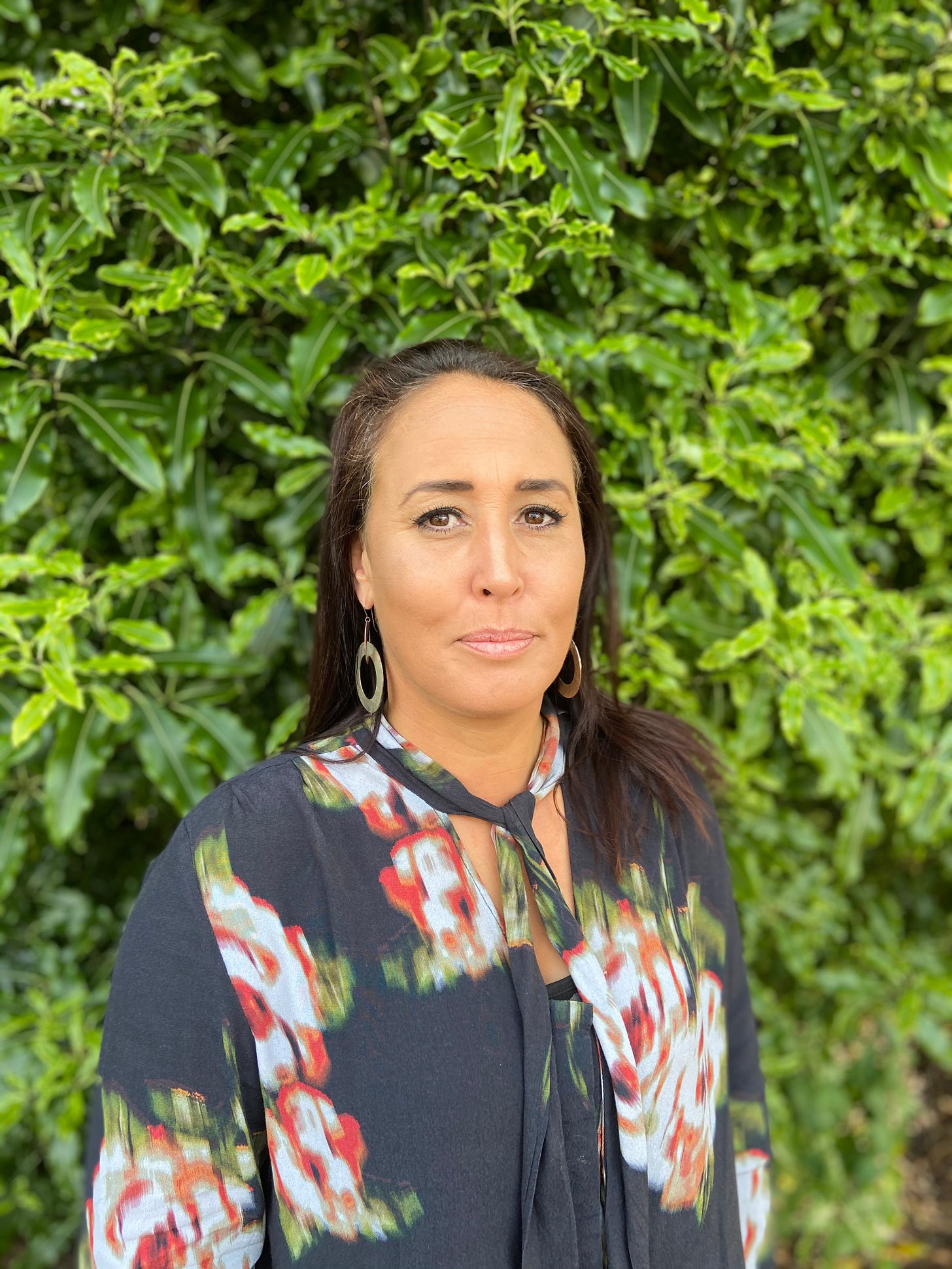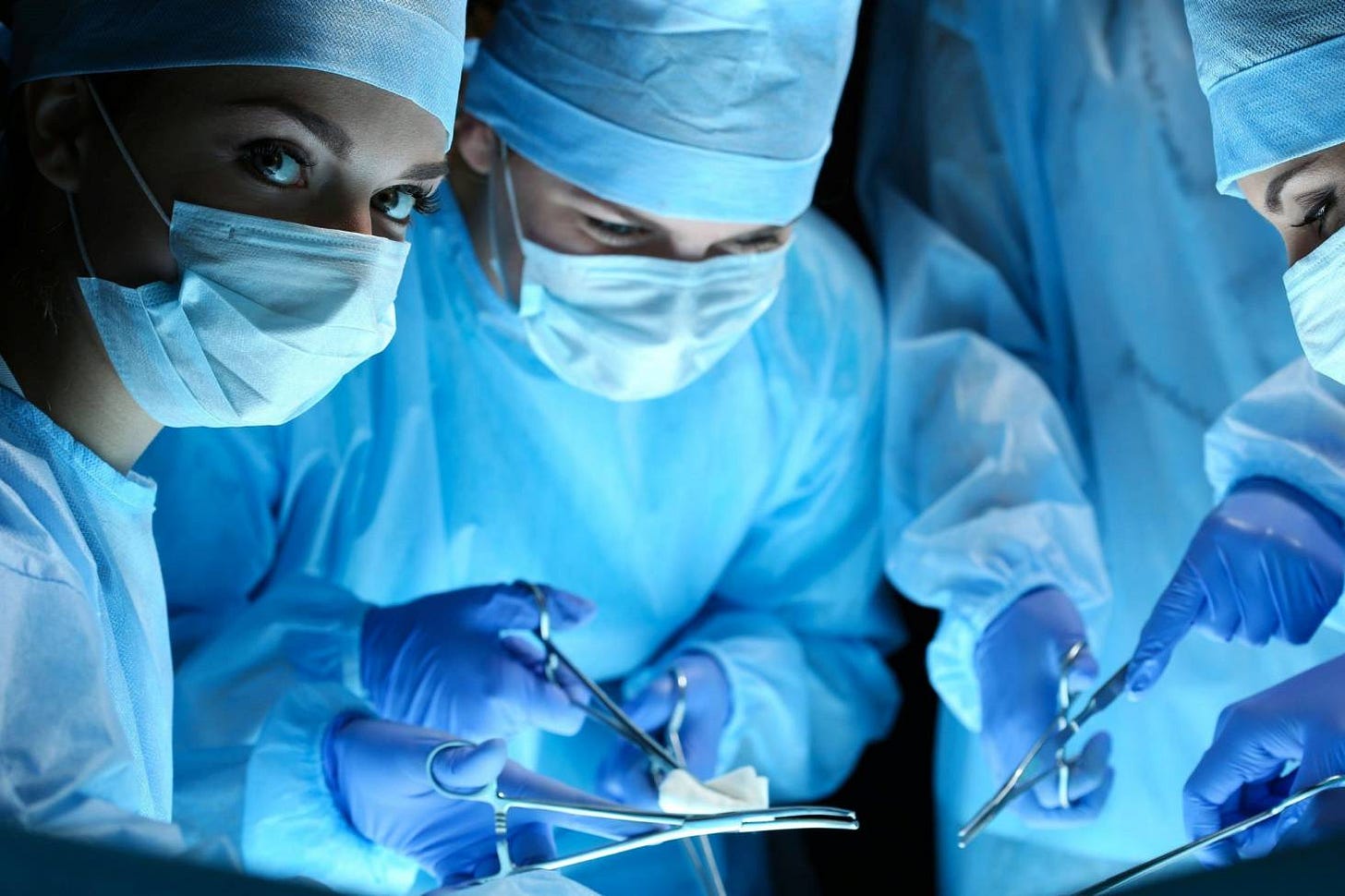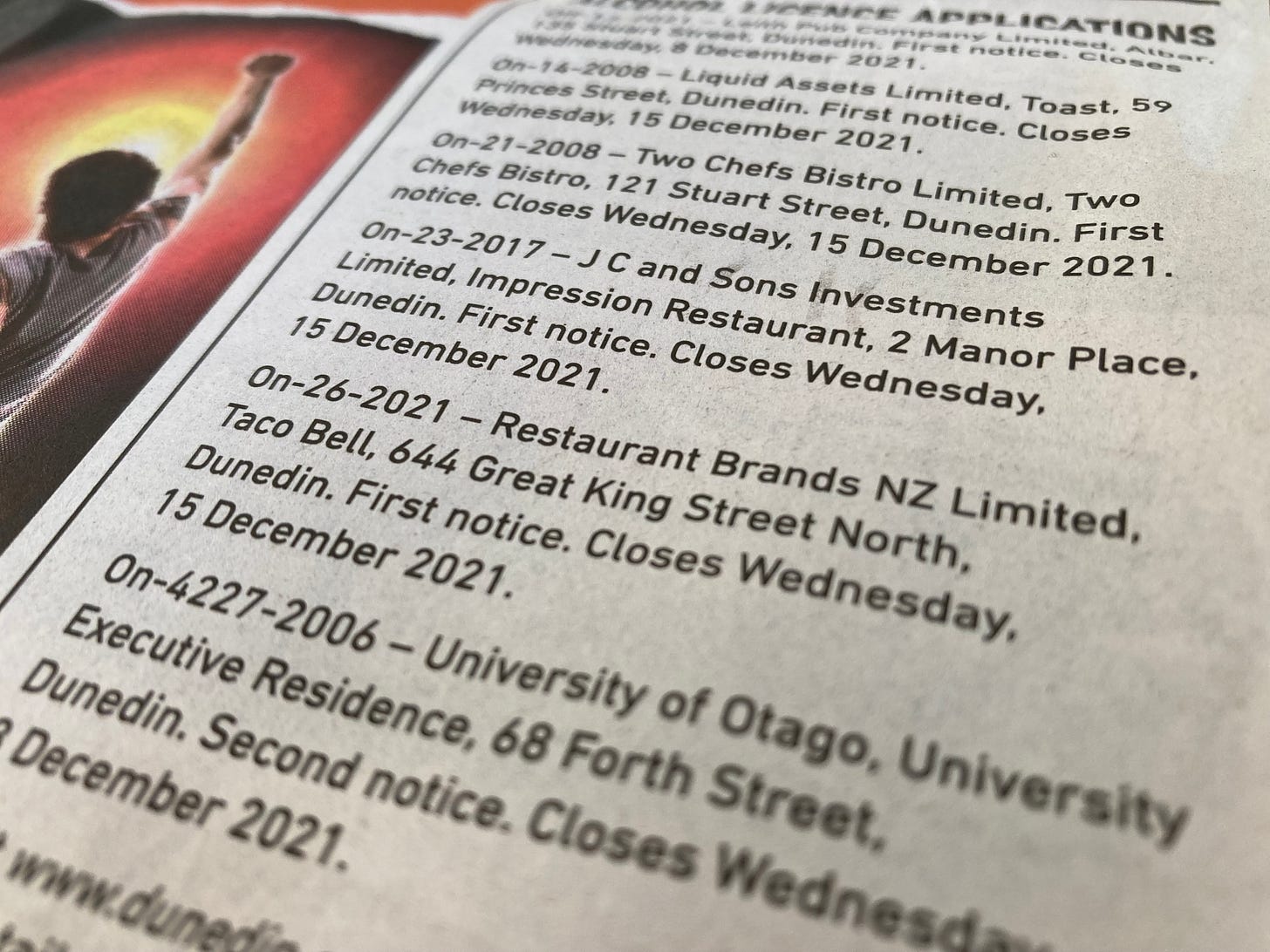Dunedin. That’s the caption. Photo: Stuff
Nothing changes your perspective like fatherhood.
From that moment you find your partner is expecting, to that first drive from the hospital with your newborn and the inevitable nappy changes, tears and tantrums.
And nothing changes your previously privileged perspective like being a dad of two Māori sons in a city where the Māori population is well under the national average; at 9.3 per cent in 2018.
You hear the odd quip, mumbles over the Treaty, and accept that you have been assigned the Māori round because, and I’m quoting: ‘‘Your wife is Māori’’.
I won’t even mention the justice system.
The inequities are everywhere, but only some are doing something to cross that divide.
Enter Zoë Bristowe, of Kōhatu – Centre for Hauora Māori, which is funded by the Ministry of Health in partnership with the University of Otago.
Zoë Bristowe: Photo: University of Otago
When she started her role in 2010 – there were 78 Māori students across all years in the University of Otago Medical School. Fast-forward 11 years and that number is about 290, with Māori making up about 20 per cent of all domestic medical students.
That includes 59 Māori doctors graduating, who effectively mirrored the population demographic in their class.
That’s an incredible increase, and potentially one of Dunedin’s greatest success stories, given that:
“Māori are absolutely over-represented in health needs, and grossly under-represented in the health workforce.’’
Until recently the socio-demographic composition of the university’s health professional programmes has been predominantly non-Māori, non-Pacific students from higher decile and private schools.
The University of Otago offers eight undergraduate professional programmes: Medicine, Physiotherapy, Pharmacy, Medical Laboratory Science, Dentistry, and three additional programmes where students do not need first-year health science papers to enter; Oral Health, Dental Technology and Radiation Therapy.
Most of those programmes have now recorded large increases in the number of Māori graduating, with more than 100 new Māori health professionals about the enter the health workforce.
A further 17 Māori students will graduate with a Bachelor of Health Sciences qualification, bringing a much needed skill set into the sector.
All students had to meet the criteria before being accepted to the programmes.
The Mirror on Society Selection Policy meant sub-category students Māori and four other equity groups: rural, refugee background, Indigenous Pasifika, and socio-economic (decile 1-3 secondary schools) are considered first.
She noted concerns previously raised that the policy was largely limited to Māori and Pasifika, but almost no opposition to other important equity groups or the need to have a representative health workforce.
“There is a tendency to focus on the entrance point rather than the fact that we are graduating outstanding and diverse professionals who have a lived experience of some of the most under-served communities in New Zealand.”
A stock photo of trainee doctors. Photo: Supplied
Bristowe noted concerns previously raised, that the policy was largely limited to Māori and Pasifika, while there was little or no opposition to other categories.
Many of those students had to overcome disadvantages to achieve their tertiary goals, including students coming from high schools not able to offer some key subjects, such as chemistry and physics.
While the numbers of graduates were tracking upwards: “We have a way to go’’.
“We need to be strategic and we need to be forward-thinking about producing a health workforce that serves the community.’’
Wise words.
As a side note you may not know where Kōhatu is, but it is housed in a former student pub.
Sometimes it feels like Dunedin has lost a few bars, particularly in the student area.
But fast food giant Taco Bell, via its parent company Restaurant Brands, has applied for its liquor licence.
A notice in Wednesday’s Otago Daily Times
It will be based at 644 Gt King St, the old Couplands building in the student area.
From bread to beer and Mexican food, that’s a very Dunedin evolution.
I’m also hearing a rumour that a new bar is starting up soon, and it may contain . . . arcade games. The 80’s kid in me is very excited.
This week I was reminded that I couldn’t attend Tuesday’s meeting of the Dunedin City Council in person, but could watch via their YouTube channel.
Asked if unvaccinated councillors could attend the meeting in-person, I was told by a spokesman:
‘‘There is nothing in the current Covid-19 Alert Level restrictions that prevents unvaccinated elected members from attending meetings in person’’.
And now it is time for Tweet of the Week. He has already won it once but I can’t go past this…. click on it for the full experience.
WARNING: MAY CONTAIN SOMETHING
I’m so sorry.
And here is a Dunedin ear worm to finish off:









